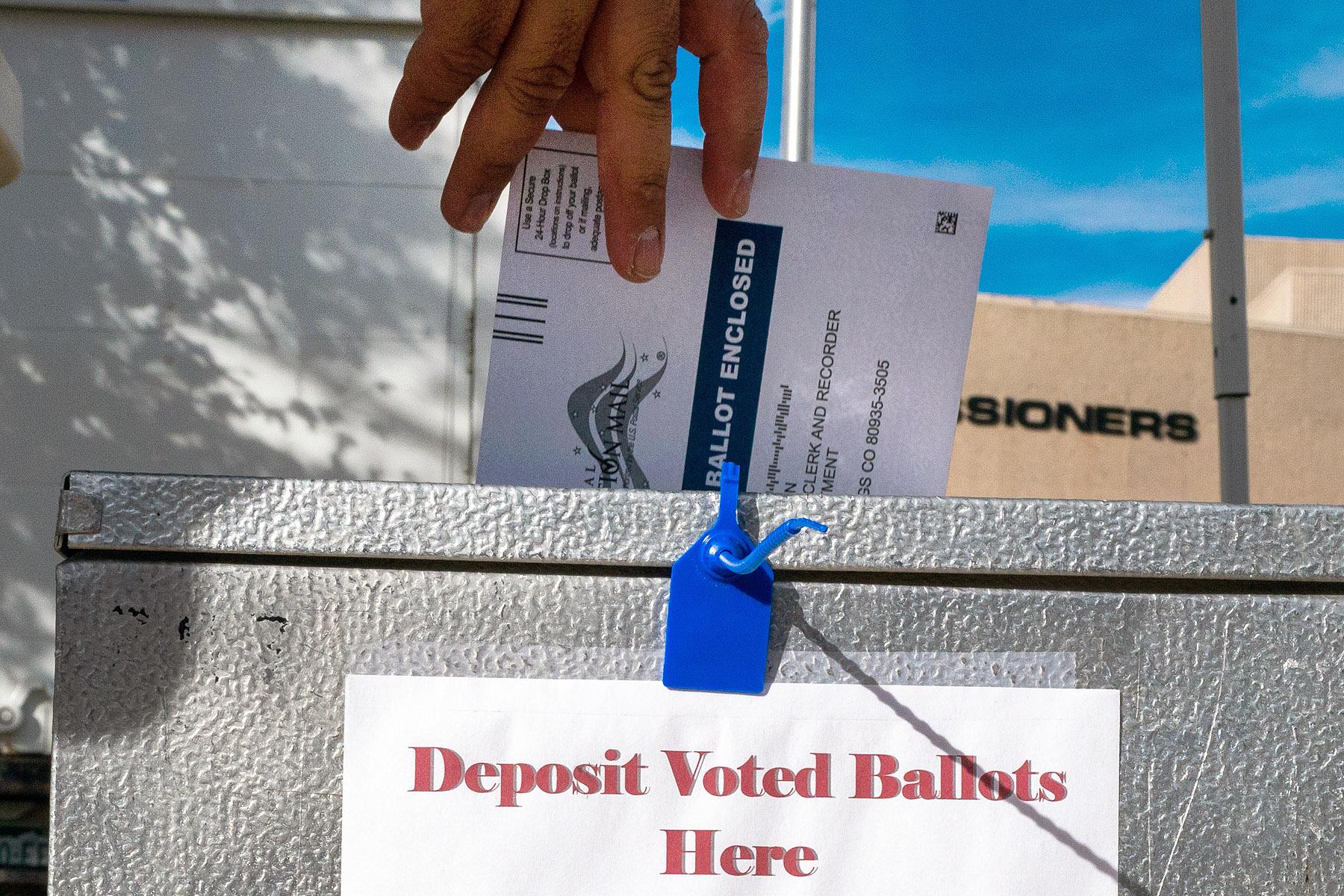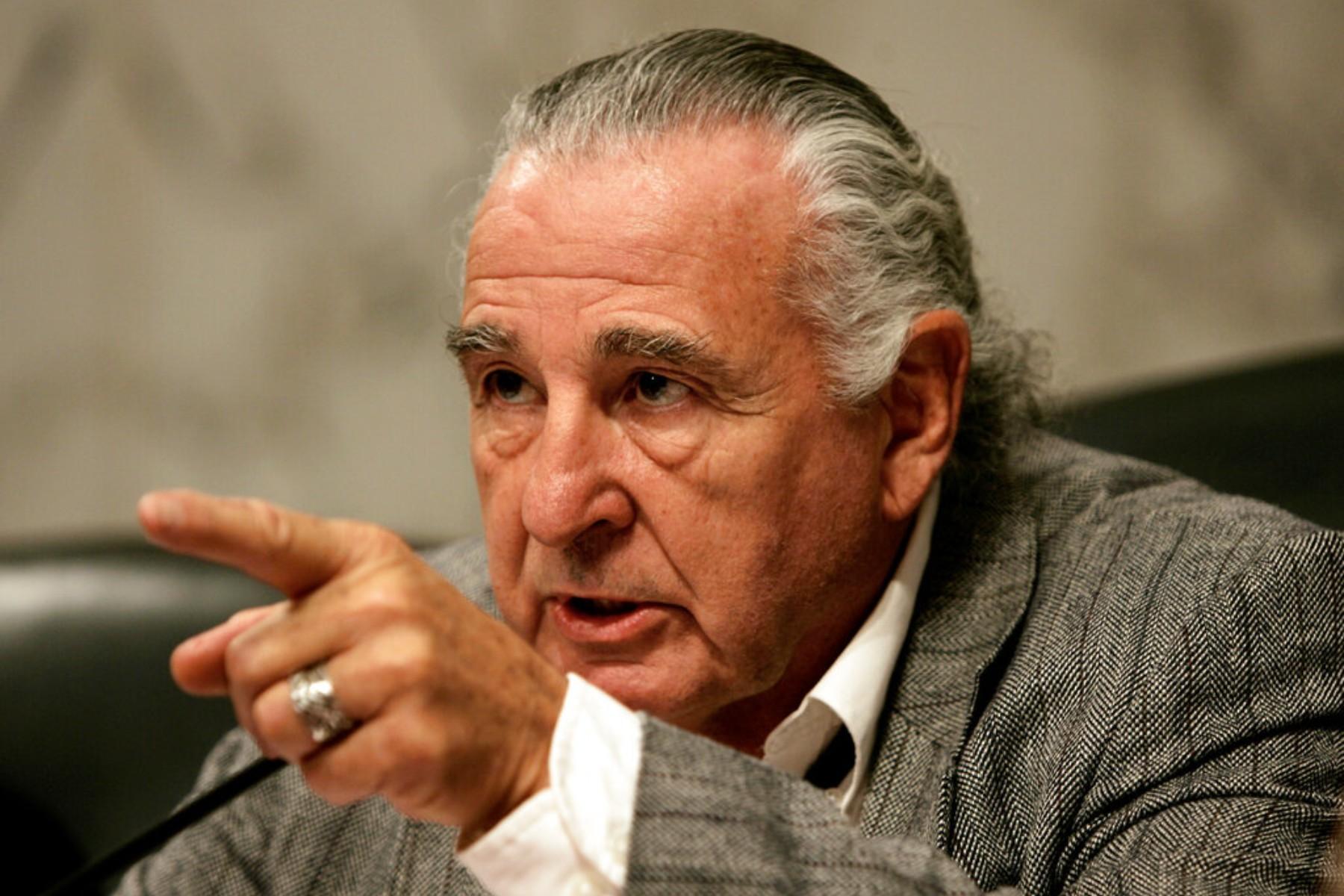
Fort Collins could rely on ranked choice voting for city elections starting in 2025. A new ballot question to make the change appears likely to pass based on early vote counts.
Nearly 40,000 people — about 58 percent of voters — said yes to Fort Collins Ballot Question 2C as of Nov. 11, the last time city officials updated the unofficial results. These results are not final — county canvassing boards are not required to produce the official “abstract of votes cast” until Wednesday, Nov. 30. Ranked choice voting advocates declared victory Nov. 9, the day after polls closed. Opponents remained silent.
The ballot issue was hotly contested by advocacy groups. A pro-ranked choice group raised more than $72,000, while an anti-ranked choice group raised nearly $25,000. The race garnered the most financial donations by far among the city’s three ballot issues, according to the Coloradoan.
Should the initiative pass, Fort Collins will be the largest city in Colorado to implement ranked choice voting. Boulder and Broomfield will adopt the method in 2023.
How does ranked choice voting work?
In the current voting format, which is used popularly across the state and the nation, voters cast their ballots for only one candidate in a race. Whoever gets the majority of votes wins.
In ranked choice voting, residents also choose second, third and fourth choices as well. If one candidate wins more than 50 percent of the vote during the first count, they’re declared the winner. If there is no majority, a runoff begins.
The candidate with the lowest number of votes is eliminated, and voters who listed that candidate as their first choice have their vote transferred to their second choice candidate. This process continues until a majority is reached.
Advocates of the system argue that it will improve voter turnout and engagement by encouraging voters to vote how they want, instead of compromising by voting for a practical candidate from one of the major parties. Ranked choice voting has been used for years in places like Canada, the United Kingdom and India. It’s also spreading to other states, including Nevada.
Opponents of 2C argued the initiative will end the “one-person, one-vote, one-time” system. Opposition group Community for Fair Elections said ranked choice isn’t fair because “if you don’t rank all of the candidates, there’s a good chance your ballot may never be counted in the final results.”
Ranked choice ballots can be classified as “inactive” or “exhausted” in some cases, which would remove someone's vote from the pool. That usually happens once all of a voter's chosen candidates have been eliminated. If the listed candidates no longer have a path to victory, the ballot becomes practically irrelevant to the outcome.
Fort Collins could pay up to $35,000 each election for new ranked choice equipment. If the proposal passes, all regular city elections, including mayoral and city council elections, will be conducted under the new system.









